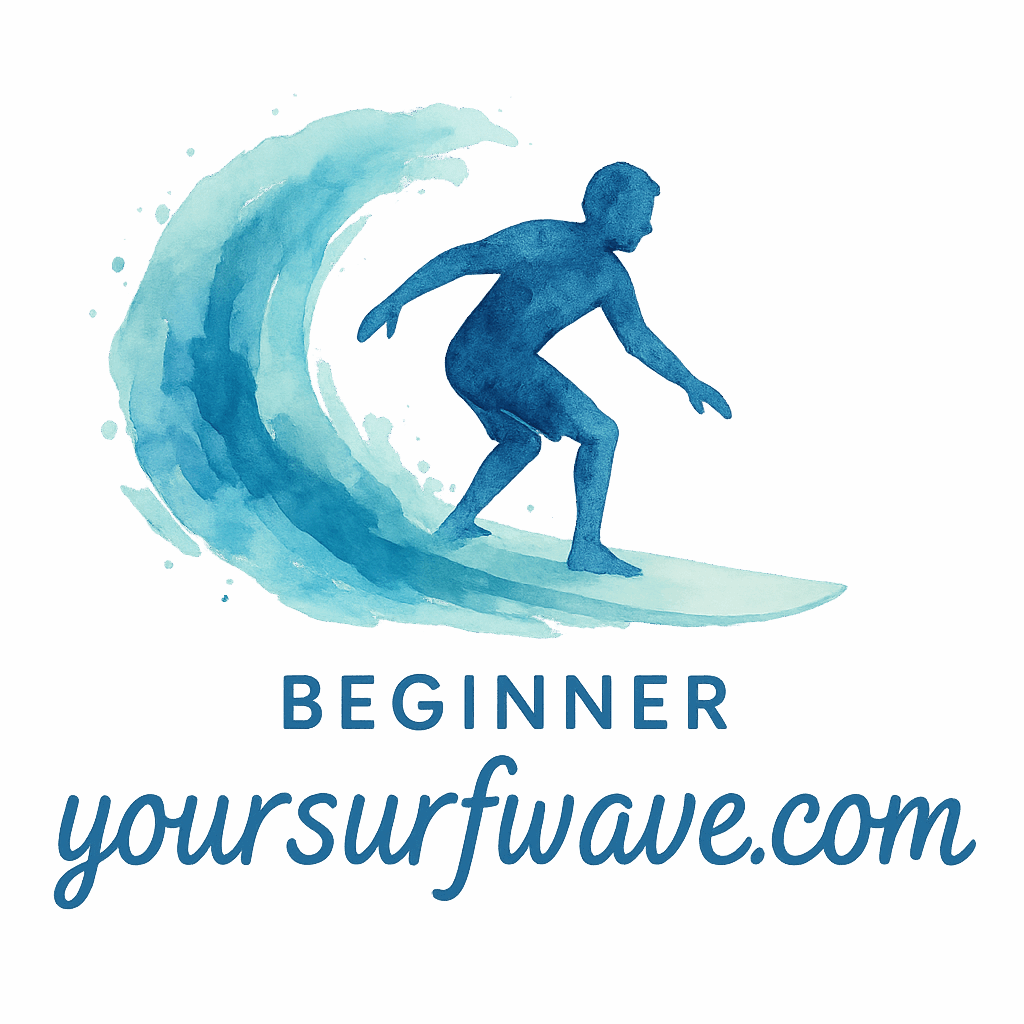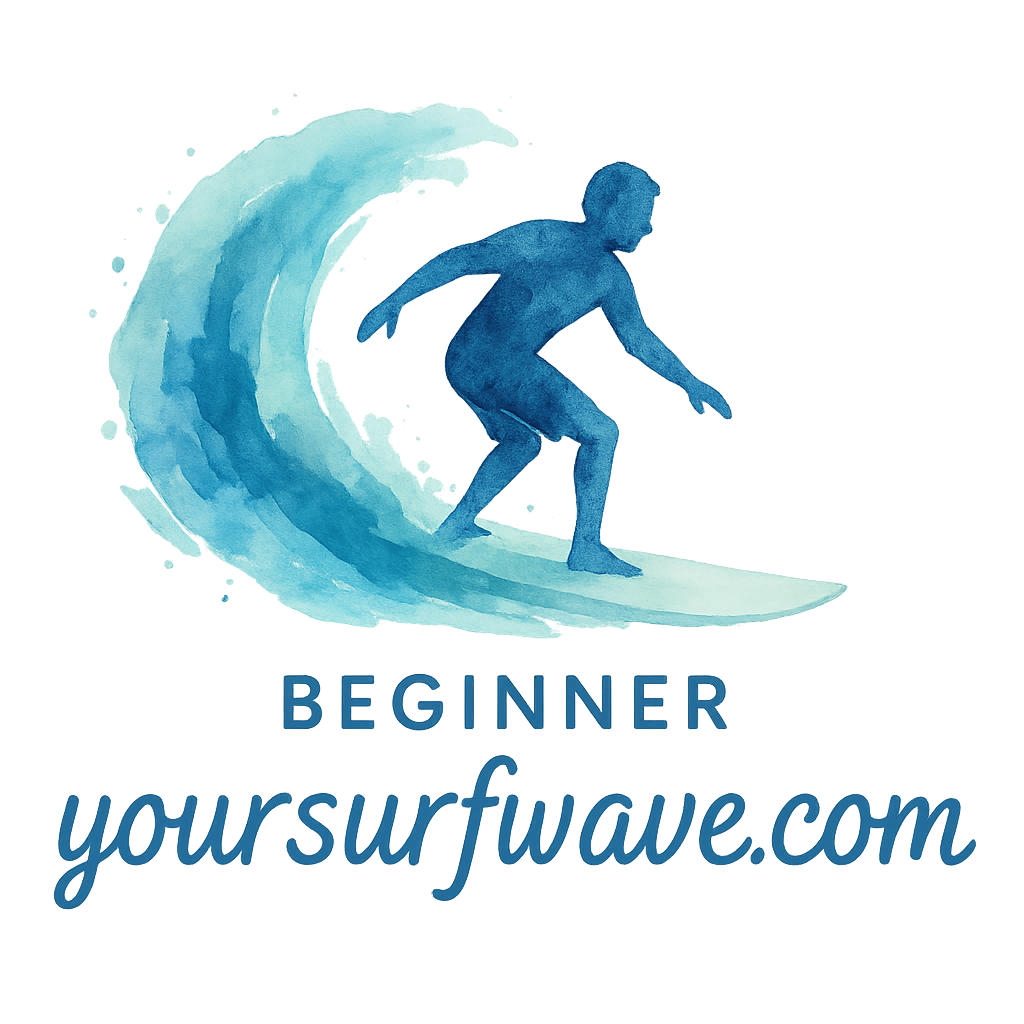Why Sleep Matters for Surf Training
When most people think of at-home surf training, they imagine balance drills, paddle workouts, or mobility routines. But here’s the secret: your progress depends just as much on sleep as on your workouts. Sleep is when your body restores energy, repairs surf-tired muscles, and strengthens your focus for the lineup.
👉 Want to learn more about building a complete training foundation? Check out our guide on surf fitness.
The Connection Between Surfing and Sleep
Surfing demands strength, endurance, and mental clarity. Paddling taxes your shoulders, and popping up tests your agility. During deep sleep, your body releases growth hormones that repair muscles and replenish energy stores. Without that reset, even the best surf basics won’t stick.
How Recovery Impacts Performance
Think of recovery like waxing your board—it makes everything smoother. Sleep is the invisible layer of wax for your body. It sharpens focus, lowers injury risk, and gives you the stamina for longer sessions.

Common Sleep Challenges for Surfers
Muscle Fatigue and Restless Nights
After an intense paddle session, your arms may feel like they’re still moving in bed. Muscle fatigue can lead to tossing and turning.
Overtraining and Insomnia
Training too hard—without balancing it with home workout recovery—raises cortisol levels and disrupts your sleep cycle.
Mental Stress and Surf Lifestyle
The surf lifestyle is exciting, but between checking swell forecasts and juggling daily stress, your brain sometimes refuses to switch off. That’s where pre-sleep rituals come in handy.
12 At-home Surf Training Sleep Tips for Faster Recovery
1. Create a Consistent Sleep Schedule
Go to bed and wake up at the same time—even on weekends. Your body’s internal clock works best with rhythm. Early sleepers also score more dawn patrol sessions.
2. Build a Relaxing Pre-Surf Bedtime Routine
A pre-bed routine is your “warm-down” after a surf session. Try foam rolling, reading about surf lifestyle, or meditating to signal your body it’s time to power down.
3. Optimize Your Sleep Environment
Lighting and Darkness Control
Use blackout curtains or a sleep mask to encourage melatonin release.
Noise and Temperature Adjustments
Keep your room cool (around 65°F / 18°C) and use white noise or earplugs if needed.
4. Limit Screen Time Before Bed
Watching surf clips late at night? The blue light delays melatonin production. Instead, visualize your next surf destination or read a surf magazine.
5. Use Breathing Exercises and Meditation
Breathing is a surfer’s superpower—on waves and in bed. Try deep belly breathing or guided meditation to calm the mind.
6. Refuel with Surf-Friendly Nutrition
Foods That Boost Sleep
Bananas, nuts, and oatmeal are rich in magnesium and melatonin-friendly nutrients.
What to Avoid Before Bed
Caffeine, alcohol, and heavy meals disrupt deep sleep. Learn more about surf-friendly diets in our surf wellness tips.
7. Hydrate Smartly During the Day
Stay hydrated, but taper off water intake before bed to avoid nighttime wakeups.
8. Stretch and Recover with Mobility Work
Evening yoga or light stretching helps release tension. It’s also a great way to prepare your body for tomorrow’s at-home surf training.
9. Try At-home Surf Recovery Workouts
Low-intensity circuits, balance drills, or resistance band exercises improve sleep quality. They’re perfect complements to your surf gear training setup.
10. Manage Stress and Mental Clarity
Stress blocks rest. Journaling, visualization, or even pre-bed meditation can help. Curious how surfing itself reduces stress? Read our feature on surfing therapy.
11. Nap Wisely for Faster Recovery
Short naps (20–30 minutes) refresh your mind without disturbing nighttime sleep.
12. Track and Improve Your Sleep Patterns
Wearables or apps help you measure deep vs. light sleep. Pair this with your surf training progress to see how recovery impacts performance.
How Better Sleep Improves Surf Training Results
Boosting Paddle Endurance
Rested muscles equal longer paddling stamina.
Faster Muscle Recovery
Deep sleep fuels growth hormone release, healing surf-tired muscles faster.
Sharper Focus in the Water
Better sleep improves reaction time—key for reading waves and avoiding wipeouts.
Combining At-home Surf Training and Sleep for Peak Performance
Sleep is the missing piece of your surf training puzzle. By combining at-home workouts, balanced nutrition, and mindful recovery, you’ll surf stronger, longer, and with a calmer mindset. Want the full toolkit? Dive into our guide on beginner surf tips.
Conclusion
Surfing isn’t just about catching waves; it’s about balance—between effort and recovery, body and mind. By applying these 12 at-home surf training sleep tips for faster recovery, you’re not only building endurance but also protecting your stoke for the long run. Treat sleep like your wax—essential for every great session.
FAQs
1. How many hours of sleep do surfers need for recovery?
Most surfers need 7–9 hours of quality sleep to recover fully.
2. Can naps replace nighttime sleep for surf recovery?
No, naps are supplemental but can’t replace deep sleep.
3. Is stretching before bed good for sleep?
Yes! Gentle stretching reduces stiffness and preps muscles for overnight recovery.
4. Should surfers take supplements for better sleep?
Magnesium and melatonin can help, but natural methods are best.
5. Does late-night surfing affect sleep?
Yes. Surfing elevates adrenaline, making it harder to wind down.
6. How can surf competition stress impact sleep?
Pre-competition nerves are common. Try visualization, journaling, or meditation.
7. What’s the best at-home surf training before bed?
Gentle mobility drills or foam rolling. Skip intense sessions late at night.


